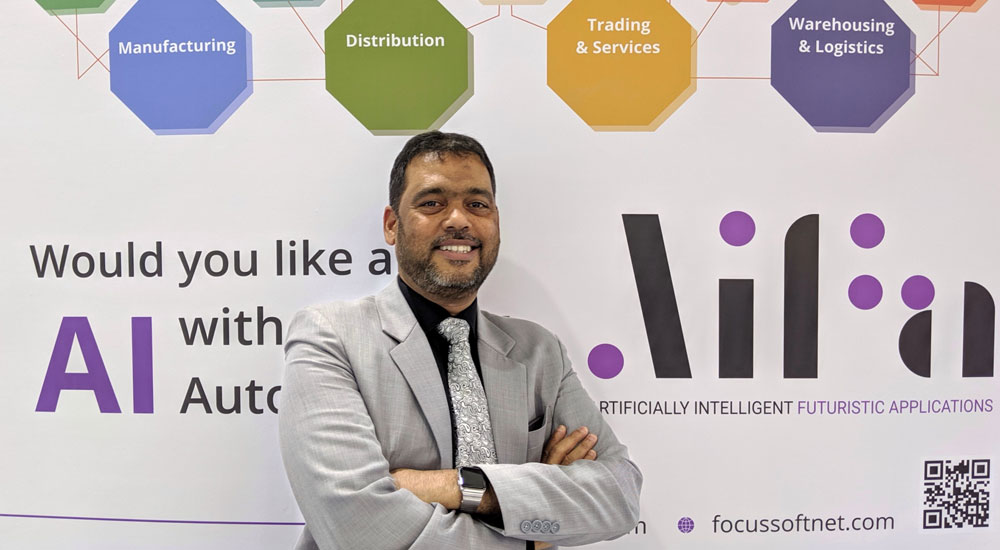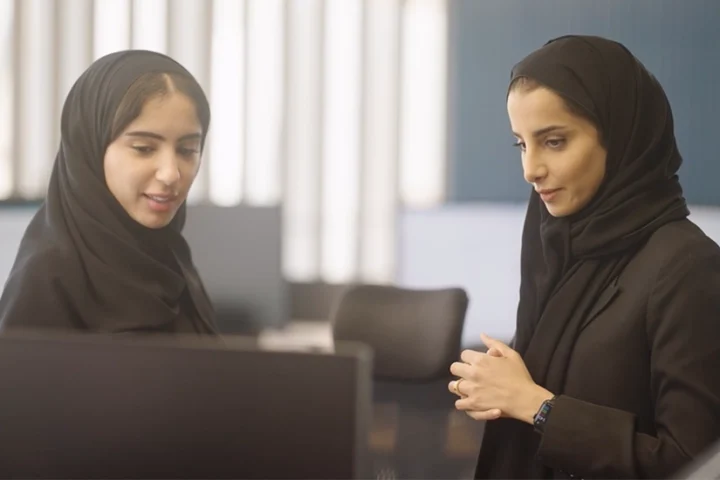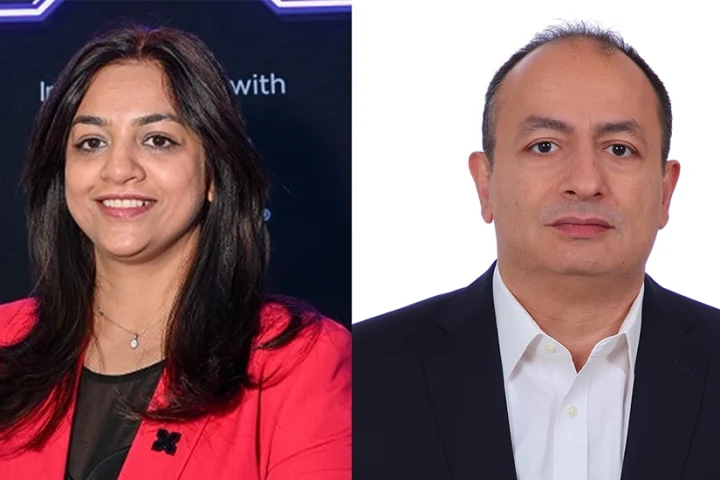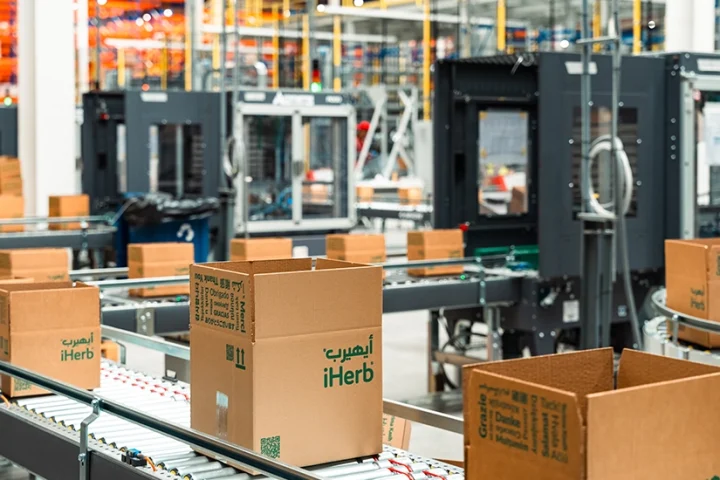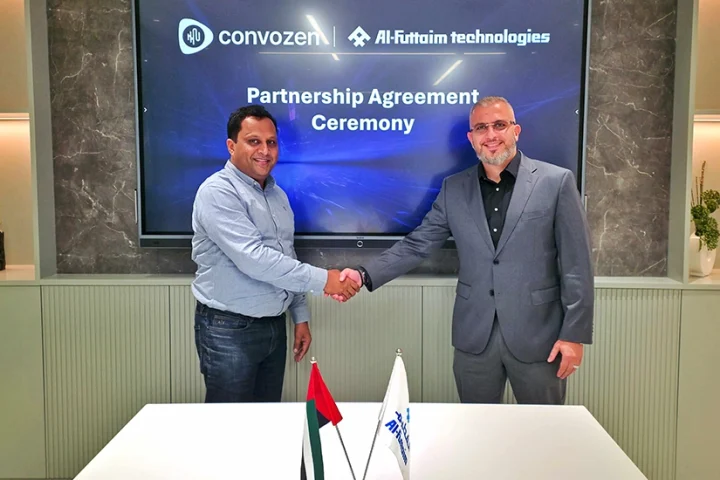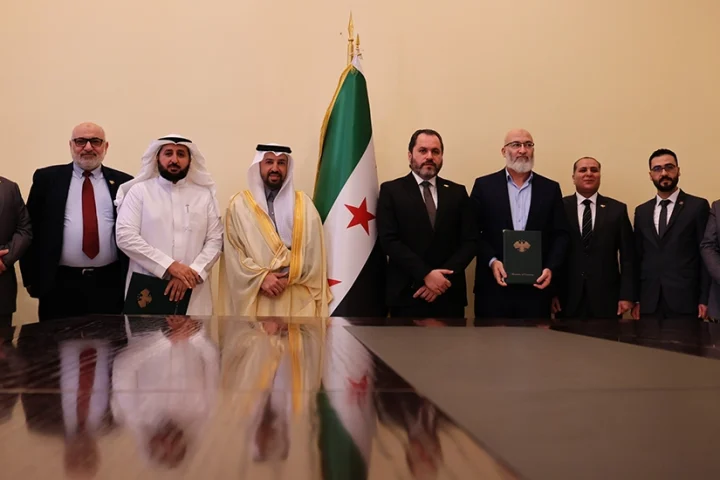Focus Softnet, a software development and enterprise applications provider, announced the launch of its AI platform Artificially Intelligent Futuristic Applications, or AIFA. It claims to be an advanced, automated platform meant to enhance business, increase productivity, and reduce investment in human training.
During the launch of AIFA, Ali Hyder, Group CEO of Focus Softnet, explained that the technology be used by organisations to automate all types of functions. These could be from the front office, top executive, managerial, and back office. “With CIOs and IT managers under pressure to do more with less funds, AIFA as a workforce assistant can be used across multiple departments and across multiple roles,” he added, noting that businesses can also analyse data, support their customers, or assist end-users in data entry task.
And as an advanced AI chatbot that uses machine learning, AIFA will understand queries and respond smartly. Businesses can get insights and predictive analysis to lower their operational costs and improve services. AIFA helps in marking automatic attendance of employees using AI face recognition feature and gets integrated with any Payroll and Attendance system.
The Robotic Process Automation feature in AIFA allows organisations to automate routine tasks that can be integrated with business application. Further, the face recognition feature also helps in contributing to the increase in sales by getting maximum information of walk-in customers in retail sales.
According to a recent PwC report, analysis conducted by IDC estimates that spending on cognitive and artificial intelligence systems in the Middle East and Africa region will grow from $37.5 million in 2017 to over $100 million by 2021, representing a growth rate of 32%. The UAE and Saudi Arabia, in particular, have demonstrated strong commitment towards the development and implementation of artificial intelligence technologies.
AIFA can be used in most popular languages, without requiring customer service personnel specifically for any language. It can provide analytics for questions asked. The end user company can use this to identify areas that need improvement. AIFA can be reached through a phone call, mobile app, website, Alexa, Google Home, Facebook, WhatsApp and other platforms and devices.
“We have also made significant innovations around voice recognition, allowing customers to build triggers and alerts with call to action and data embedded in them. Customers can customise these alerts as required and can create a culture of proactiveness when they are sent and heard by recipients on the move, rather than read as text or email messages at a later time, often too late for action,” Hyder added.
The most defining capability of AIFA is that it is not just a work assistant but can work as a customer service executive as well. By interacting with AIFA, customers can access their data, and get answers to basic questions such as balance, limit, due date of bills, last payment, service request, location request. Unlike humans who cannot be available during holidays or during the night, AIFA can work 24 hours, 365 days of the year.
Businesses can deploy this advanced AI assistant, that has inbuilt accelerated computing for extreme performance and big data workloads. End-users can use AIFA to get information about product, bills, statements, services, status of service requests and other such information. Top executives can use AIFA as a data mining tool to get quick access to information they need, in any format such as voice, text and reports.


